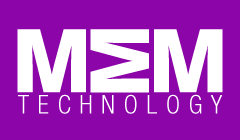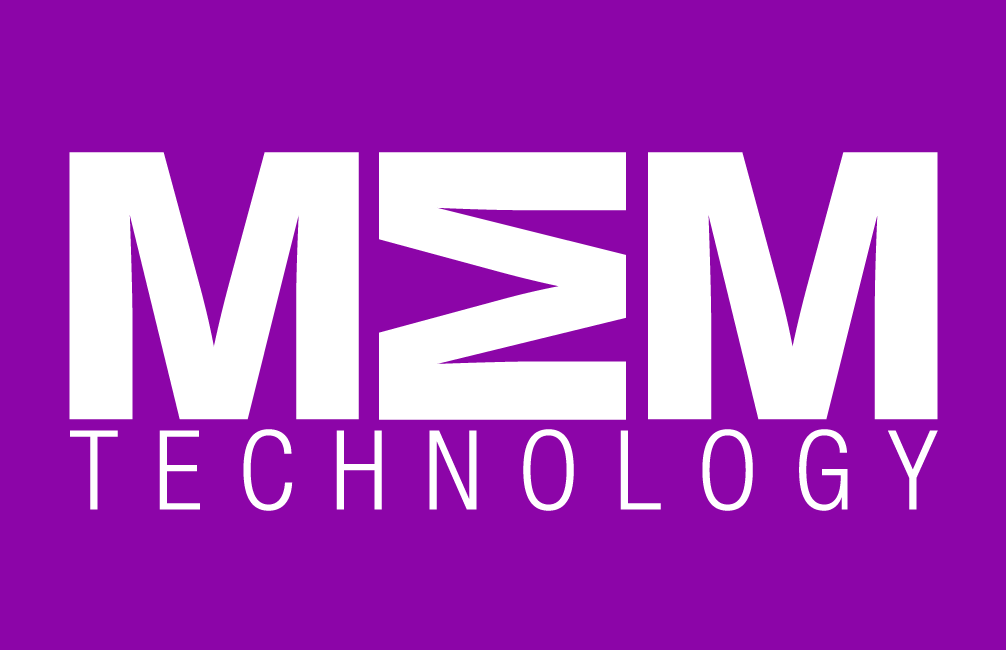Organisations are Only Scratching the Surface of Automation : Capgemini’s Research Institute launched its latest report today: Reshaping The Future: Unlocking Automations Untapped Value. Which has shown that despite automation offering the manufacturing sector both greater efficiency and gains, only 15% (less than a fifth) of global businesses have actually adopted automation use cases at scale.
Over 700 company executives who have already implemented automation solutions were involved in the poll, which has shown evidence that manufacturers of both consumer and industrial goods stand to achieve in excess of $165 billion in cost savings by as early as 2022 by using implementation techniques. To reap the cost saving benefits however, establishments must turn their focus to wide-scale implementation of automation rather than using it on a case-by-scale basis. It has come to light that organisations are only scratching the surface of automation.
The results have revealed that organisations are focusing on operational gains rather than long term growth through strategic planning. In excess of 40% of businesses have cited that their main objective behind using automation initiatives is to improve quality, while 23% are looking to gain incremental revenue. It was noted that only 32% were focusing on use cases deemed quick wins, which are not only easy to implement, but highly beneficial both in the short and long term.
On a global perspective the proportion of organisations implementing automation at scale varies. The United States: 26%, France: 21%, Germany: 17%, The United Kingdom: 16%, India: 15%, The Netherlands: 9% and Sweden: 6%, making a Global average of 16%.
The proportion of organisations implementing automation at scale by sector stands as follows: Automotive: 25%, Industrial Manufacturing: 15%, Retail: 15%, Utilities: 14%, Consumer Packaged Goods Manufacturing: 13%, and Public/Government: 8%, making a Global average of 16%.
The Capgemini Research Institute is Capgemini’s in-house think tank on all things digital. A global leader in consulting, technology services and digital transformation, Capgemini stands at the forefront of innovation to address the breadth of client opportunities in an ever evolving world of digital and cloud platforms.
Stemming from a heritage in excessive of 50 years, Capgemini host deep industry specific knowledge which enables organisations to become aware of business potential and ambitions through an array of services, operations and strategies. The organisation is driven by the conviction that business values of technology come from, and through, people.
Capgemini is a multicultural establishment of over 200,000 team members in over 40 countries, which draws on its experts to work closely with academic and technology partners. The Institute has dedicated research centres across the globe, in both the USA, the UK and in India. Recently Capgemini has been ranked the number one in the world for quality of research by Independent Analysts.
Chief of the Industrial and Automation Office, India COO, Ashwin Yardi, expressed: “With only 16% of organisations, having implemented multiple automation use cases at scale, automation presents huge potential to drive both efficiency gains and business value. We should learn from those use cases in automation today and look to some of the ‘quick wins’ to drive uptake and return on investment.”
He added: “Leaders need a bold vision and a clear road-map to build momentum and bring the organisation behind them. It needs to be recognised that automation is a technology solution to business transformation, and hence both business and technology leadership should be engaged actively from day one. Automation needs to be tackled as an end-to-end strategic transformation program as opposed to a series of tactical deployments. Transformation should also be a two-way conversation, with employees encouraged to suggest automation initiatives. Combine all of this with buy-in from the executive leadership team and organisations will find automation a powerful and rewarding business enabler.”
Of the few establishments who had already begun to use advanced technologies, such as automation and AI, as formidable sales tools, they were shown to be leading the way for the future. Examples of such companies include Harley-Davidson, who used AI combined with automation in 2017 to increase New York sales by 2,930%.
Other examples include L’Oréal, the beauty giant who used technologies such as chat-bots and voice recognition software to enable automation in both front of office and across customer service. This has entered Facebook’s Messenger Chat-bot Space with an AI driven gifting service in Canada. The messenger bot asks users questions about their friends and can them provide advice for the correct beauty gift for the individual.
According to Christian Gottswinter, Head of Central Business Excellence at Siemens: “Organisations need to have a strategic road-map for driving automation initiatives and new technology advancements, with employees as their backbone in this transformation journey. The workforce needs the confidence of their job environment to support automation and build a momentum for the change. Businesses need to foster an agile culture with open-minded people who find value in taking a digital-led approach.”
The research surveyed 705 business leaders, from establishments with a revenue greater than $500 million in 2017 that are experimenting with, or have already implemented, automation technologies across their range of services and in a variety of countries. Of the businesses surveyed 40% stood in excessive of $10 million revenues, the survey took place in July 2017.
The Reshaping The Future: Unlocking Automations Untapped Value report, also highlighted reconciliation for accounting, request for proposal (RFP) generation for procurement, onboarding for human resources, lead generation for sales and marketing, predictive maintenance for industrial manufacturing, and anti-fraud checks for financial services.
It was found the quick wins could be the route to scale as the report analysed use cases for automation in terms of their complexity and benefits, in a bid to understand why many establishments are not yet seeing significant benefits.
Middle-office and back office functions were recognised to have the biggest gains. With more than half (56%) of organisations using automation in IT and over a third (37%) having implemented automation solutions in middle-office. Back office functions of supply chain and procurement, and human resources, saw an average on the greatest return in investment (ROI) at 18% and 15%, respectively 29% of businesses using automation have developed it in front office function, such as through marketing and sales.
The hopes for the future are that more organisations will take advantage and control of using automation tools in their sector, to benefit business revenue and service as the vast majority remain un-taking of the advantages and opportunity that automation can provide for establishments.
Manufacturing & Engineering Magazine | The Home of Manufacturing Industry News















